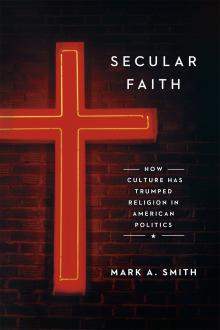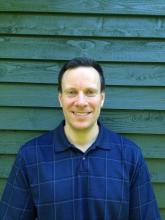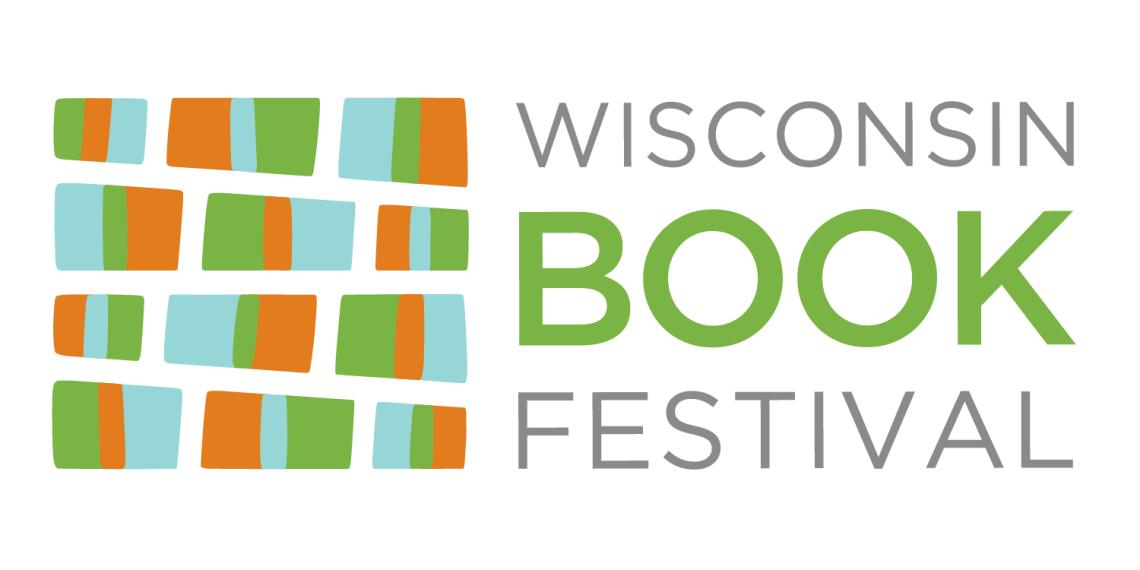
Secular Faith: How Culture Has Trumped Religion in American Politics
When Pope Francis recently answered “Who am I to judge?” when asked about homosexuality, he ushered in a new era for the Catholic church. A decade ago, it would have been unthinkable for a pope to express tolerance for homosexuality. Yet shifts of this kind are actually common in the history of Christian groups. Within the United States, Christian leaders have regularly revised their teachings to match the beliefs and opinions gaining support among their members and in the larger society.
Mark A. Smith provocatively argues that religion is not nearly the unchanging conservative influence in American politics that we have come to think it is. In fact, in the long run, religion is best understood as responding to changing political and cultural values rather than shaping them. Smith makes his case by charting five contentious issues in America’s history: slavery, divorce, homosexuality, abortion, and women’s rights. For each, he shows how the political views of even the most conservative Christians evolved in the same direction as the rest of society—perhaps not as swiftly, but always on the same arc. During periods of cultural transition, Christian leaders do resist prevailing values and behaviors, but those same leaders inevitably acquiesce—often by reinterpreting the Bible—if their positions become no longer tenable. Secular ideas and influences thereby shape the ways Christians read and interpret their scriptures.
So powerful are the cultural and societal norms surrounding us that Christians in America today hold more in common morally and politically with their atheist neighbors than with the Christians of earlier centuries. In fact, the strongest predictors of people’s moral beliefs are not their religious commitments or lack thereof but rather when and where they were born. A thoroughly researched and ultimately hopeful book on the prospects for political harmony, Secular Faith demonstrates how, in the long run, boundaries of secular and religious cultures converge.
Mark Smith

Mark A. Smith did his undergraduate work at M.I.T. and earned his Ph.D. at the University of Minnesota in 1997 before joining the faculty at the University of Washington. As Professor of Political Science and Adjunct Professor of Communication and Comparative Religion, he teaches courses on political parties, research methods, American political culture, and religion in American politics. Smith is the author of The Right Talk: How Conservatives Transformed the Great Society into the Economic Society. The book examines the role of economic issues and rhetoric in the conservative ascendancy over the last few decades. His first book, American Business and Political Power: Public Opinion, Elections, and Democracy, won the Leon Epstein Award from the Political Organizations and Parties section of the American Political Science Association. Smith recently finished Secular Faith: Why Culture Trumps Religion in American Politics. Despite what one might expect from common understandings of a “culture war,” this book argues that over time religious and secular Americans tend to converge on similar moral and political stances.
